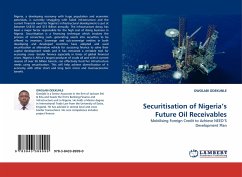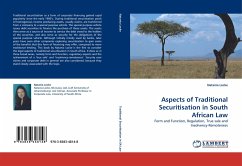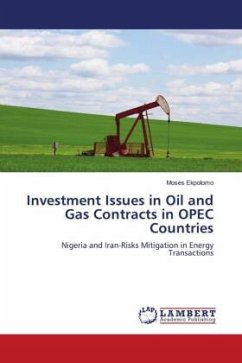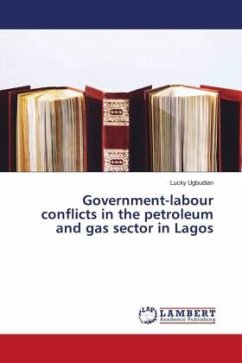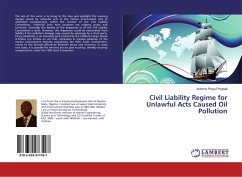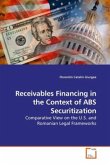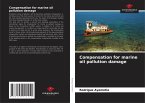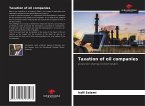Nigeria, a developing economy with huge population and economic potentials, is currently struggling with failed infrastructure and the current financial need for Nigeria's infrastructural development is put at between US$10 and $15 Billion annually. The infrastructure decay has been a major factor responsible for the high cost of doing business in Nigeria. Securitisation is a financing technique which involves the process of converting cash- generating assets into securities to be offered to investors. Sovereign and sub-sovereign entities in both developing and developed countries have adopted and used securitisation as alternative vehicle for accessing finance to solve their capital development needs and it has remained a veritable tool for accessing cross- border finance especially in times of global financial crises. Nigeria is Africa's largest producer of crude oil and with it current reserve of over 36 billion barrels, can effectively fund her infrastructure needs using securitisation. This will help achieve diversification of it economy with other short and long term micro and macroeconomic benefit.
Bitte wählen Sie Ihr Anliegen aus.
Rechnungen
Retourenschein anfordern
Bestellstatus
Storno

